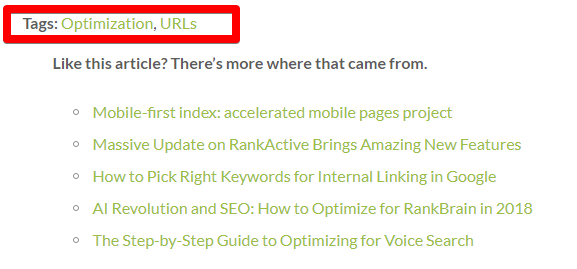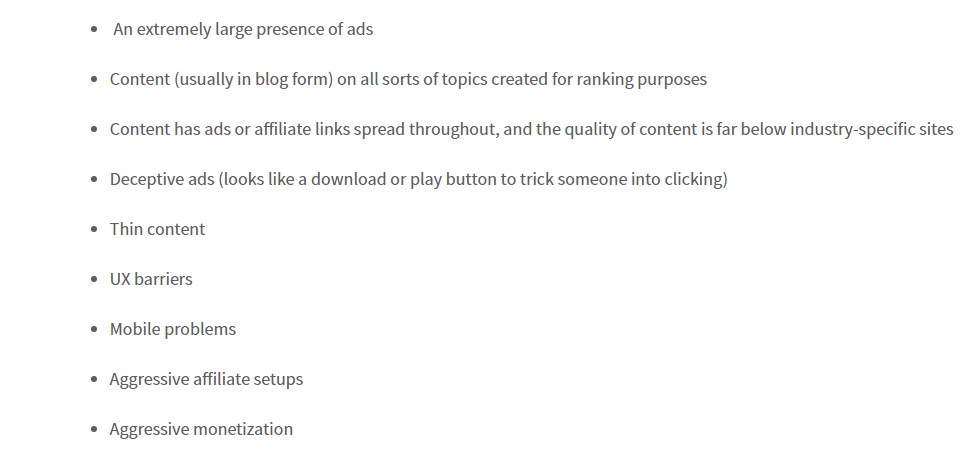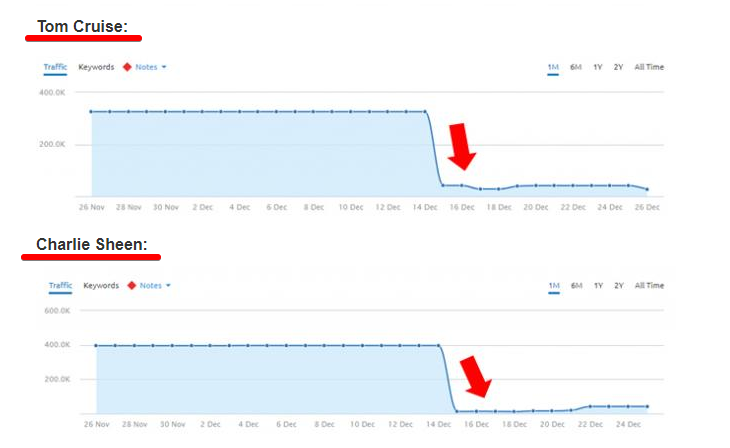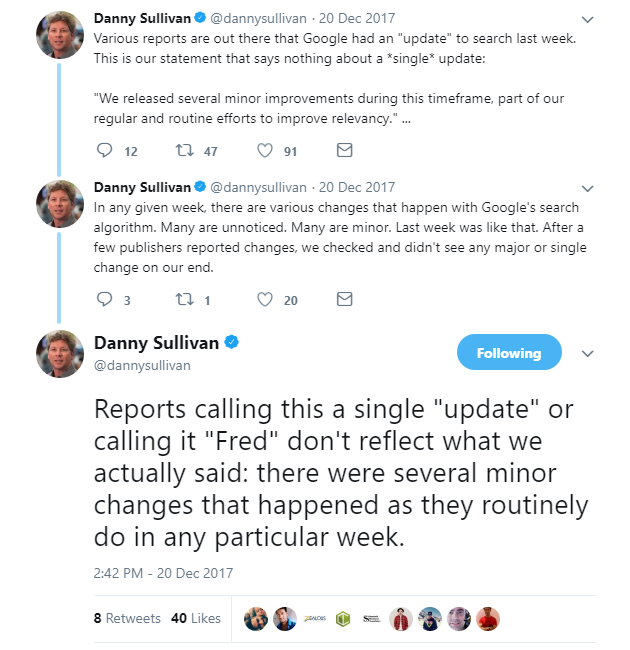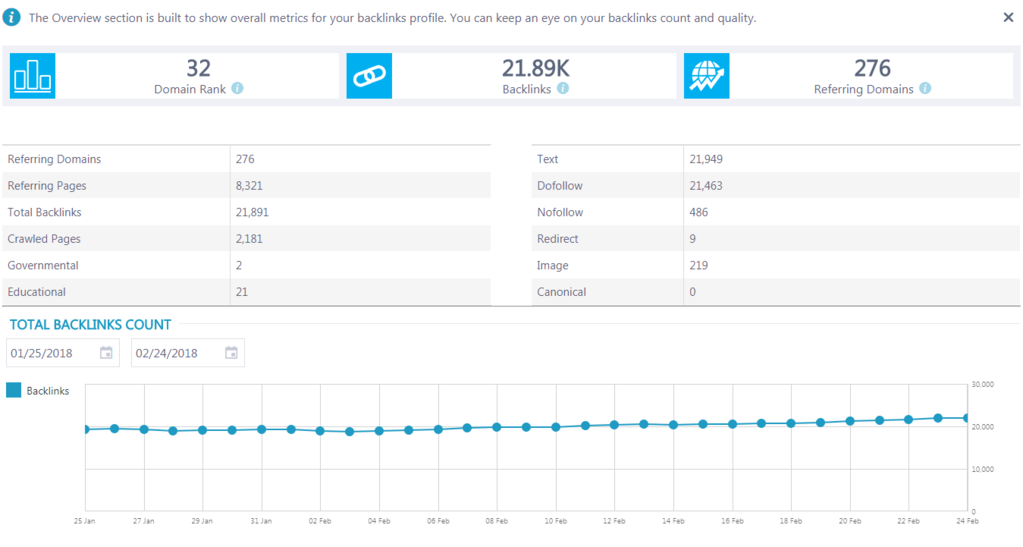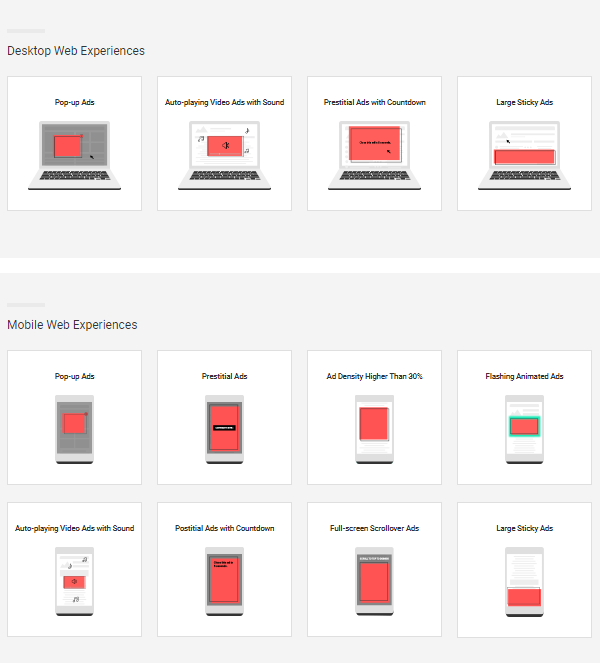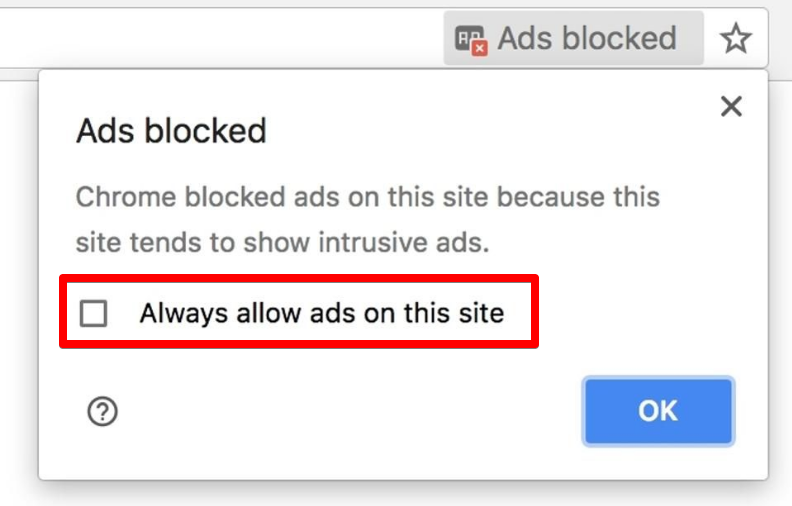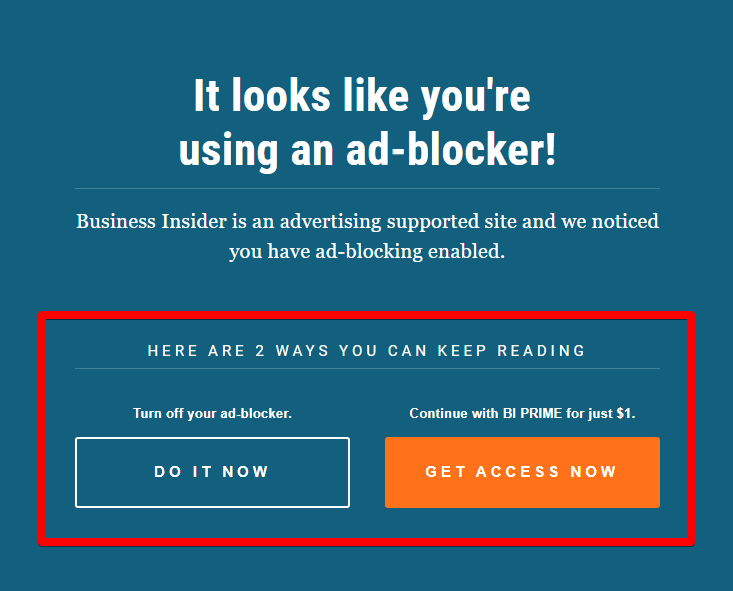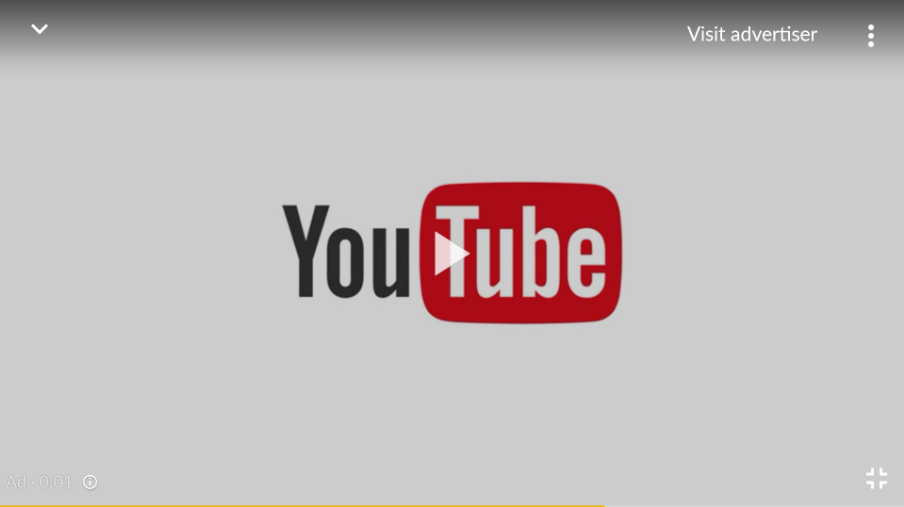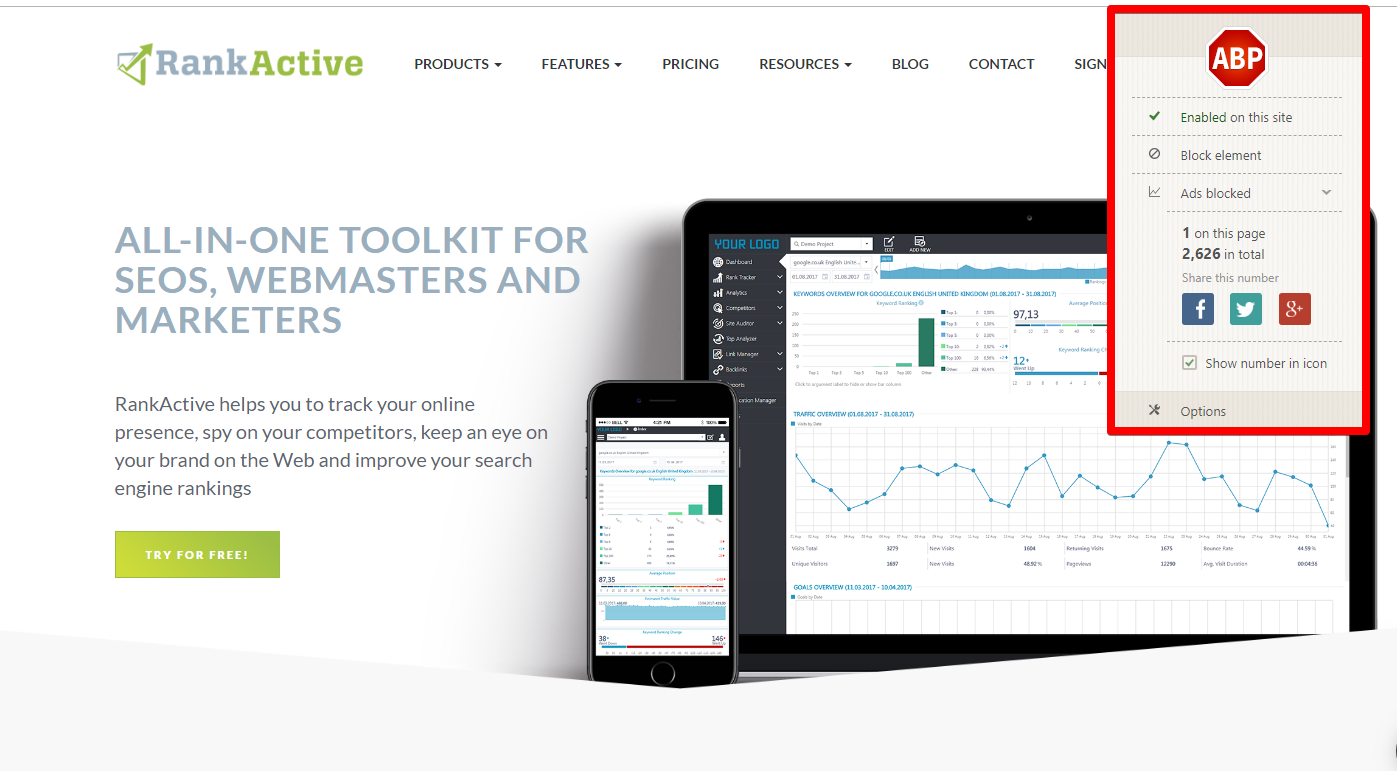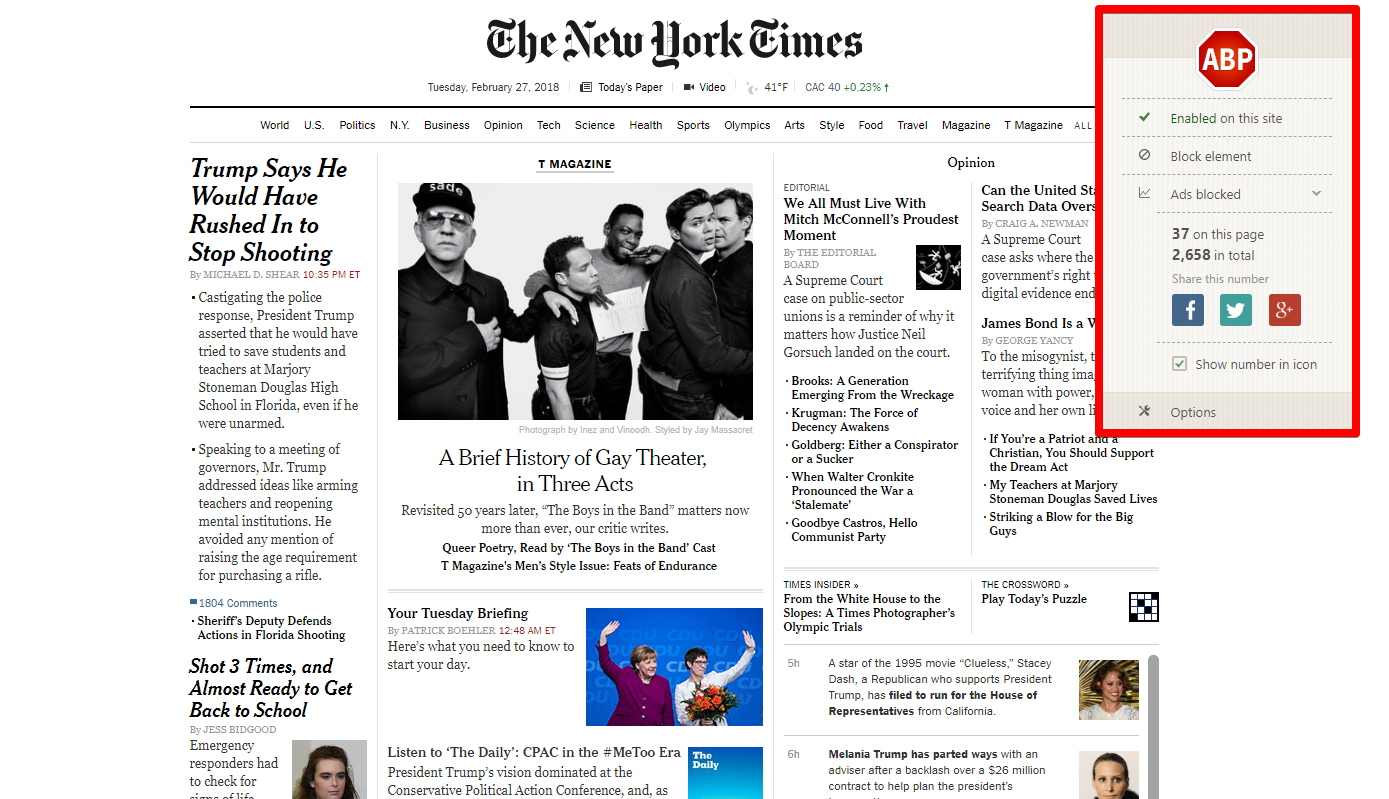Maccabees Update & Chrome Ad Blocker: Pieces of a Single Puzzle [Almost Certainly]
5 March 2018 Leave a comment ALL-HANDS SEO
At the end of 2017 and the beginning of 2018 Google created a common policy for two massive upgrades: the Maccabees Update and Ad blocker.

There were several changes in the algorithm and rankings of websites. The Maccabees and ad blocker updates are quite similar as they both have the same peculiarities provided by Google. They both are focused on removing spammy ad practices. It means that low-quality websites or pages with loads of ads would be automatically banned or have penalty due to the spammy advertisements. RankActive is going to reveal the precise concept of Google latest upgrades.
What is the Maccabees Update?
Without any logical explanation, in the past, the Google algorithm was named Fred. However, after launching the update on December 12th, Barry Schwartz of SERoundtable, named: the algorithm Maccabees in recognition of Hanukkah; hence, Maccabees became an official name of the update. This alteration impacts on search ranking algorithm to increase ranking SERPs.
There are some goals provided by Google Maccabees Update:
- Improvement of relevance. The major objective is to enhance both on-page and off-page relevancy signals as they are both important factors. For instance, if we take the website of RankActive, we can see a wide range of effective on-page elements: URL structure, headlines, and title tags:
- Aggressive affiliate ads. Websites with a large number of ads were the target of Google’s latest update. They banned those pages who had numerous spammy ad practices.
- A score of links. Natural links are always well-ranked, and Google lowers rankings of those websites whose references are irrelevant. Hence, the Maccabees Update will score and re-rank the links.
Maccabees Update Theories
In fact, there were several theories regarding the latest massive update by Google which weren’t approved and supported:
- Mobile-first related. Earlier RankActive gave an insight into the Mobile-First Index and how to make a mobile-friendly page. It is a wrong theory as the Maccabees Update and Mobile-First Index aren’t related to each other; consequently, website users have claimed that they have mobile-friendly pages without the update; and even more users have told that they haven’t noticed any progress after the Maccabees update.
- Desktop visibility is more significant than a mobile one. It may be an interesting theory, but it is also not true. It’s obvious that mobile visibility would be the priority after the Mobile-First Index is rolled out later this year.
Some Internet theories have tried to analyze the main concept of the Maccabees Update by making statistics and tracking other spheres of optimization. However, the main goal of the December Update is enhancing search ranking algorithm in SERP.
Which sites are more likely to be affected by the Maccabees Update?
December 12th was a nightmare for many websites which were subjected to experience terrible effect due to the Maccabees Update. Many pages experienced unstable changes of rankings in Google. Changes in a site’s position and getting notifications about the shifting of search processes meant to be a new turnover in search ranking algorithm.
Some Web users have complained about a plethora of negative outcomes due to the Maccabees Update. Some websites lost their ranking and traffic up to 10-20% even if they had high rankings before. Even top web pages of celebrities lost their efficiency, and they were replaced by lower websites. Mostly e-commerce sites weren’t affected, but websites constantly updating their contents suffered enough. Let’s take a look at Tom Cruise and Charlie Sheen’s pages.
The issue covers an unfair way of a new update algorithm which decreased those pages that were effective and took the first places in SERP. Danny Sullivan, Google’s public liaison for search, wrote on Twitter regarding the new update:
Despite the fact that Danny Sullivan emphasizes only minor changes to all websites, they experienced the major ones. Websites hit by the new update noticed an 80% drop in organic traffic. So, the Maccabees Update became a nightmare for web users.
Ways to recover from a rapid drop in traffic
After the terrible moment, web users were pretty concerned about a sharp drop in traffic on their sites. However, there are some assumptions and advice to those people who were a part of this situation.
1Enhance the content quality. It is quite difficult to avoid Google updates as it’s a universal thing for every user, but you can try your best. To recover or even avoid future Maccabees penalty, you should try to create the increasingly high-quality website with in-depth content.
2Audit backlinks. You should be sure that your website has natural links. Google ranks website’s links, and your page should have good references. Also, you should always analyze and optimize your site to determine bad links, which decrease chances to be well-ranked. Let’s take a look at RankActive overview:
3Google Guidelines. Google claimed that they also targeted those websites which didn’t follow their guidelines. Obviously, it’s considered to be one of the main conditions to be well-ranked. Try to avoid the following techniques:
- Automatically generated content. Content consisting of random text without any sense to a reader.
- Participating in link schemes. Links exchange, the use of automated services to create links for your page, etc.
- Creating pages with little or no original content.
- Cloaking.Pages provide different results than search engines or web users expected.
- Sneaky redirects.Users see different content than was originally made available to crawlers.
- Hidden text or links
- Doorway pages. It leads to multiplying pages or intermediate pages which are not useful for a user.
- Scraped content. Copied and no authentic content.
- Participating in affiliate programs without adding sufficient value. The absence of valuable content which can make your page different and unique from others.
- Loading pages with irrelevant keywords
- Creating pages with malicious behavior, such as phishing or installing viruses, trojans, or other badware
- Abusing rich snippets markup (fake reviews or ratings)
- Sending automated queries to Google (access without Google permission)
Well, it’s becoming more and more apparent that Maccabees Update badly affected plenty of websites. Having tried to create a new strategy regarding search ranking algorithm, Google has caused a sharp drop and terrible consequences to websites, even for those who have always been on the top. We don’t know whether it’s a professional approach or an unexpected backward.
As we have explained in the previous paragraphs, the Maccabees Update correlates with ad blocker as they both are focused on banning low-quality websites with a big number of ads. To enlarge the policy, on February 15th, Google decided to roll out another massive update which allows ad blocker detect spammy advertisements instantly. The update won’t remove all ads — only those which don’t keep up with standards established by the Coalition for Better Ads, such as flashing ads, full-screen ads, and also, advertisements with autoplay audio and video, etc.
How will Google evaluate ads and fight with ads users?
Rahul Roy-Chowdhury, vice president for Chrome, noted: “A big source of frustration is annoying ads: video ads that play at full blast or giant pop-ups where you can’t seem to find the exit icon. These ads are designed to be disruptive and often stand in the way of people using their browsers for their intended purpose — connecting them to content and information. It’s clear that annoying ads degrade what we all love about the web.” Therefore, Google will use a scheme consisting of Passing, Warning, or Failing. It means that Google won’t remove ads from websites without warning.
- Passing. To begin with, many websites having annoying and frustrating ads which prevent web users from entering and exploring this site won’t pass. Hence, Google will evaluate whether a site is relevant or not.
- Warning. If a website doesn’t meet Google criteria, they will warn ads users to take some actions and remove ads. Google will send a detailed report revealing all details which have to be changed.
- Failing. If a website ignores Google’s warnings, their sites will be banned after 30 days.
Will Google notify mobile users about ads blocking?
It is definitely a big yes. Mobile users can either allow or disallow ads blocking. A notification will instantly pop up in a browser, and a user can make a decision. Despite the fact that Google is seriously taking this strategy, they will still ask for a user’s permission.
Besides, many websites ask to turn off ad blocker so that a viewer will see all ads on the website. This function can’t be effective, and Google should take it on board.
However, Google has some contradictory approaches. They rolled out ad blocker Update to remove annoying banners and ads on websites, but they haven’t managed to remove ads on YouTube. That is when you watch a video, ads pop up without user’s permission or any ads can appear at the bottom of YouTube. This disadvantage is against Google policy and the latest update.
Blocking ads is a negative moment for the Internet as it’s mostly funded by ads. Advertisements allow users to install a third-party ad blocker which is a great benefit for the network. It’s much better even for Google since they control around 42 percent of the US digital ad market and 75.8 percent of the search ad market. However, we don’t think it would be relevant for Google to use such services as AdBlock Plus due to their service as paying for more ads on your website. It would be illogical to use Adblock Plus and at the same time to remove them due to a big ad blocker update. Regarding this fact, Google doesn’t want to propose any whitelisting and make it possible for others; however, everything may change.
Conclusions
Unexpected and somehow controversial Google updates have affected many websites which experienced both positive and negative sides. A lot of sites noticed a drop in traffic due to the Maccabees Update. Google banned and gave penalties to many websites which use suspicious and spammy links, a wide range of ads which prevent users from using these sites, and so on. Ad blocker is the biggest part of Google policy to remove annoying advertisement instantly. However, we can’t be sure how these alterations will affect websites in the future.
A Google spokesman noted, “We released several minor improvements during this timeframe, part of our regular and routine efforts to improve relevance.” It means that new major changes are approaching. The Maccabees Update will probably implement bigger and beneficial changes to websites with spammy stuff, and ad blocker Update will develop more standards in the Coalition for Better Ads. Google is the policy maker for website developers and advertisers, and everyone should pay much attention to re-designing and re-considering a web page’s content, its quality and the availability of ads.
Therefore, by improving the Maccabees Update and ad blocker, Google will reveal new changes and conditions to websites. It’s important to remember that Google will always be on the top and all sites should adjust to its innovations.
Tags:
Like this article? There’s more where that came from.
- 5 Questions to Ask Yourself Before Paying for Rank Tracking Software
- 5 Serious Mistakes Beginner SEOs Make and How to Fix Them
- Why We Use Google’s New Link Attributes and You Should Too
- Title and Description in 2021: Why Google Rewrites SEOs’ Meta Tags
- What We Should Learn From Google’s “About This Result” Feature



